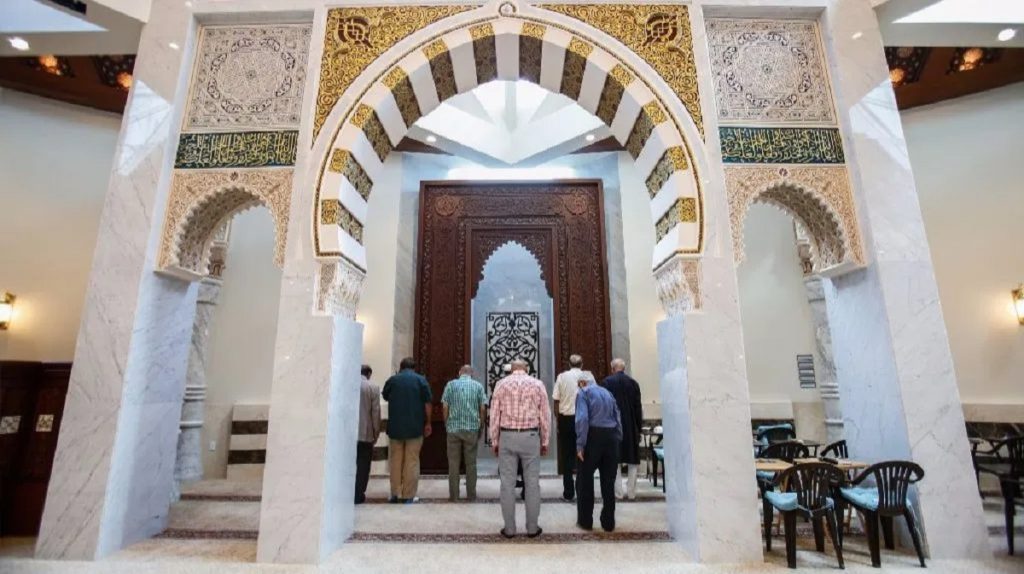Virginia is home to one of the fastest-growing Muslim populations in the United States. Over the past few decades, Muslim communities across cities like Richmond, Fairfax, Alexandria, and Virginia Beach have played a vital role in shaping the state’s cultural and civic life. Through mosques, Islamic schools, community centers, and local businesses, Muslims have built strong, vibrant communities that reflect both their religious heritage and their American identity.
Historical Roots and Growth
Muslim presence in Virginia dates back to the early 20th century with waves of immigration from the Middle East, South Asia, and Africa. Over time, these communities expanded through both immigration and the growth of second- and third-generation Muslim Americans. Today, thousands of Muslim families call Virginia home, contributing to the state’s diversity and dynamism.
Religious and Educational Institutions
Virginia hosts a wide network of mosques, Islamic centers, and schools that serve as community anchors. Institutions such as the Dar Al-Hijrah Islamic Center in Falls Church and the Islamic Center of Virginia near Richmond provide religious guidance, educational programs, and social services. Many Muslim families also support private Islamic schools that combine academic excellence with religious education, ensuring the preservation of cultural identity for future generations.
Economic and Cultural Contributions
Muslims in Virginia have become integral to the state’s economic growth, running businesses ranging from restaurants and tech startups to professional services. Their cultural impact is also visible through festivals, interfaith initiatives, and charitable activities that foster mutual understanding and social cohesion. Halal restaurants, markets, and cultural events have become part of Virginia’s mainstream food and lifestyle scene.
Civic Engagement and Representation
In recent years, Muslim Virginians have increased their participation in civic and political life. From local school boards to state government positions, Muslim leaders are making their voices heard. Community organizations also work closely with local authorities to advocate for civil rights, social justice, and greater representation.

